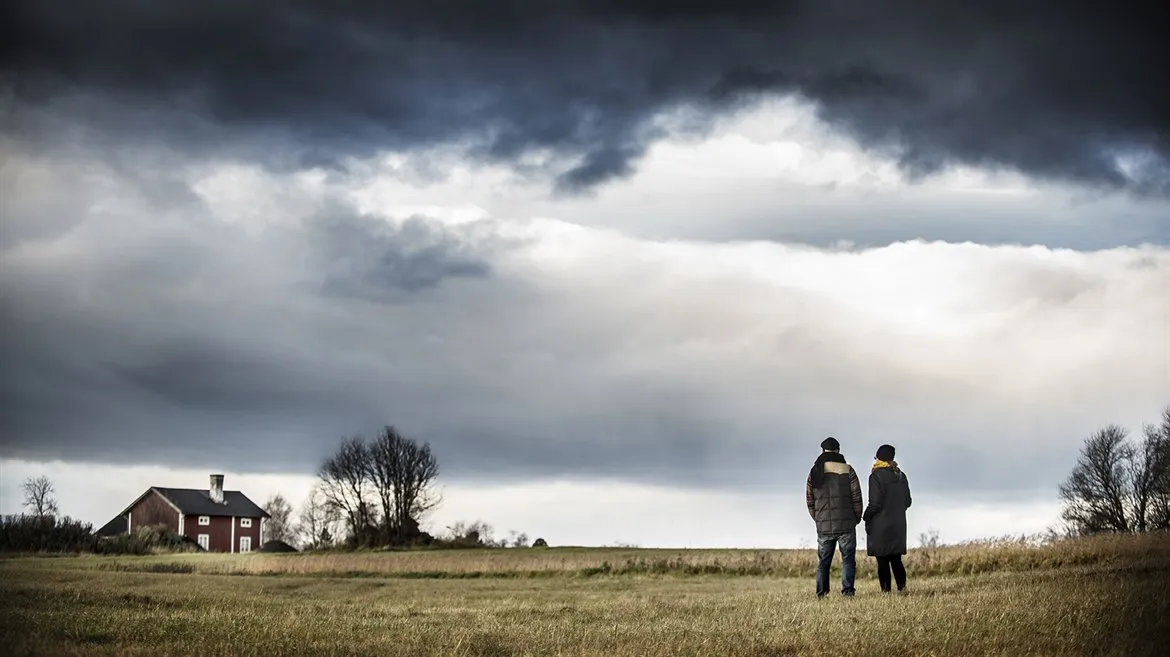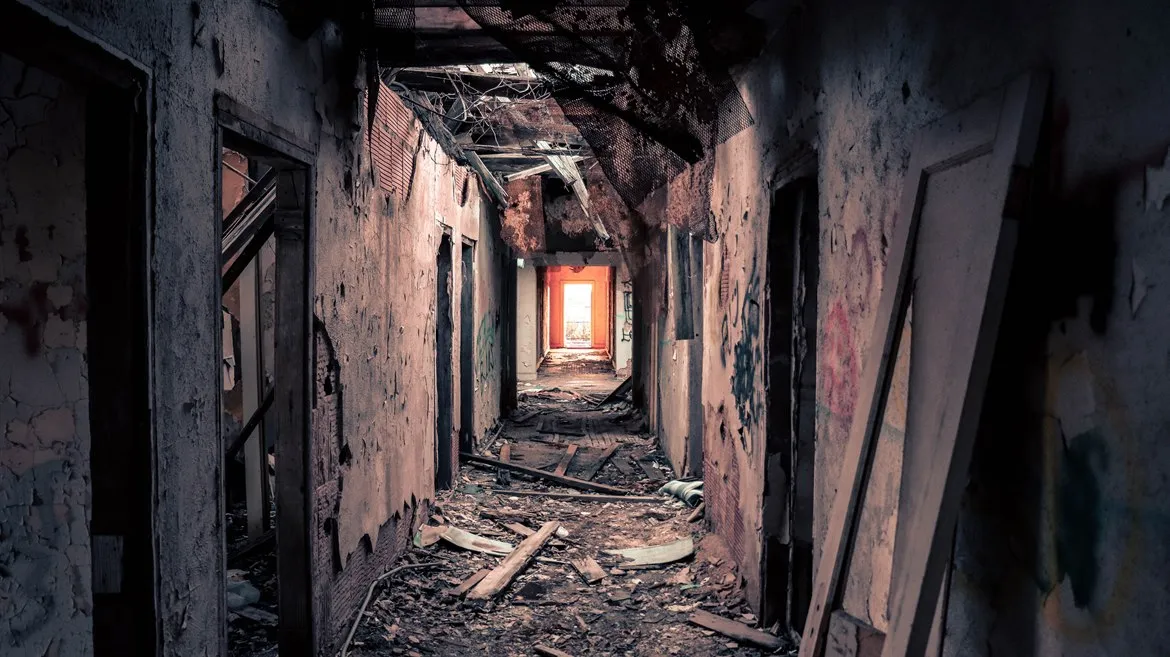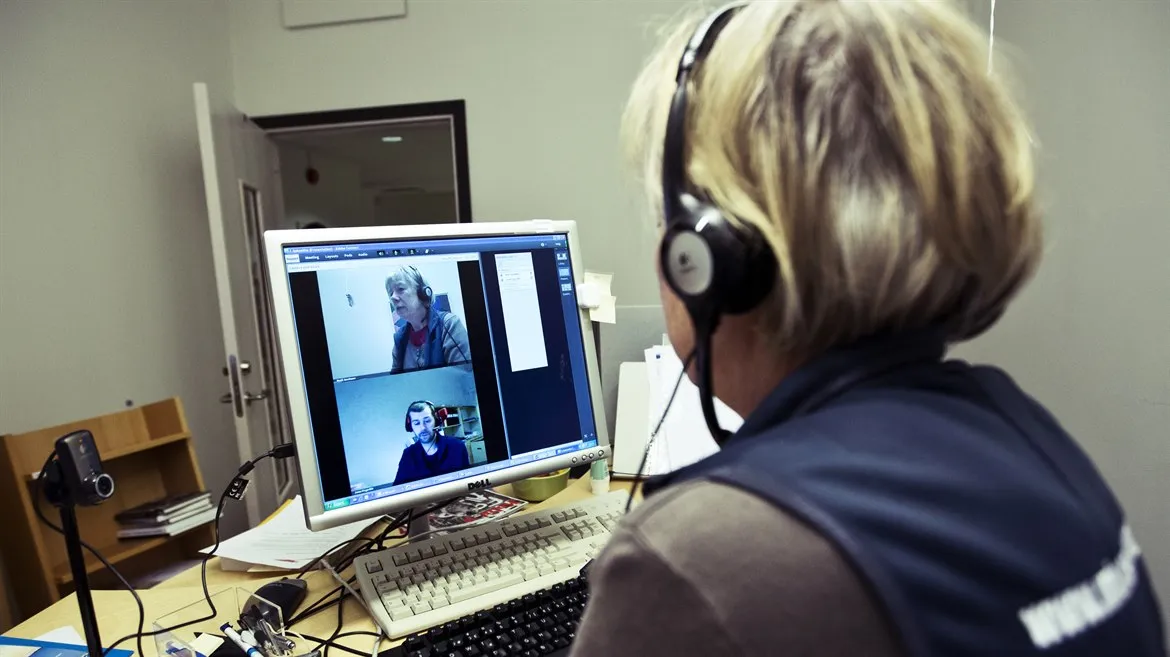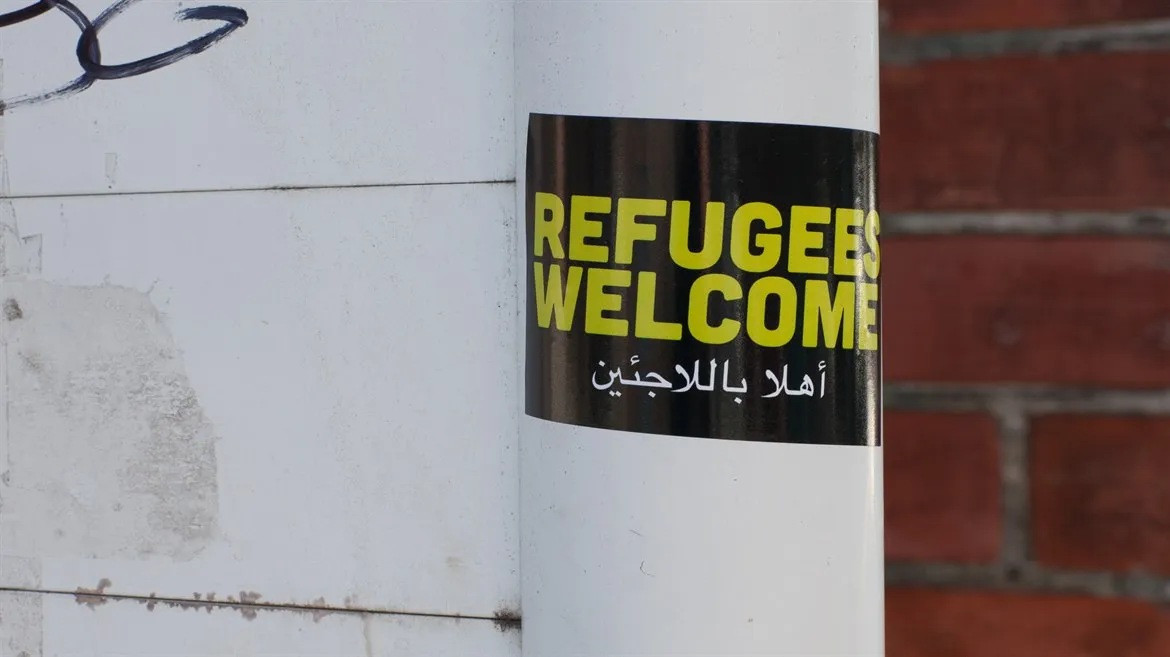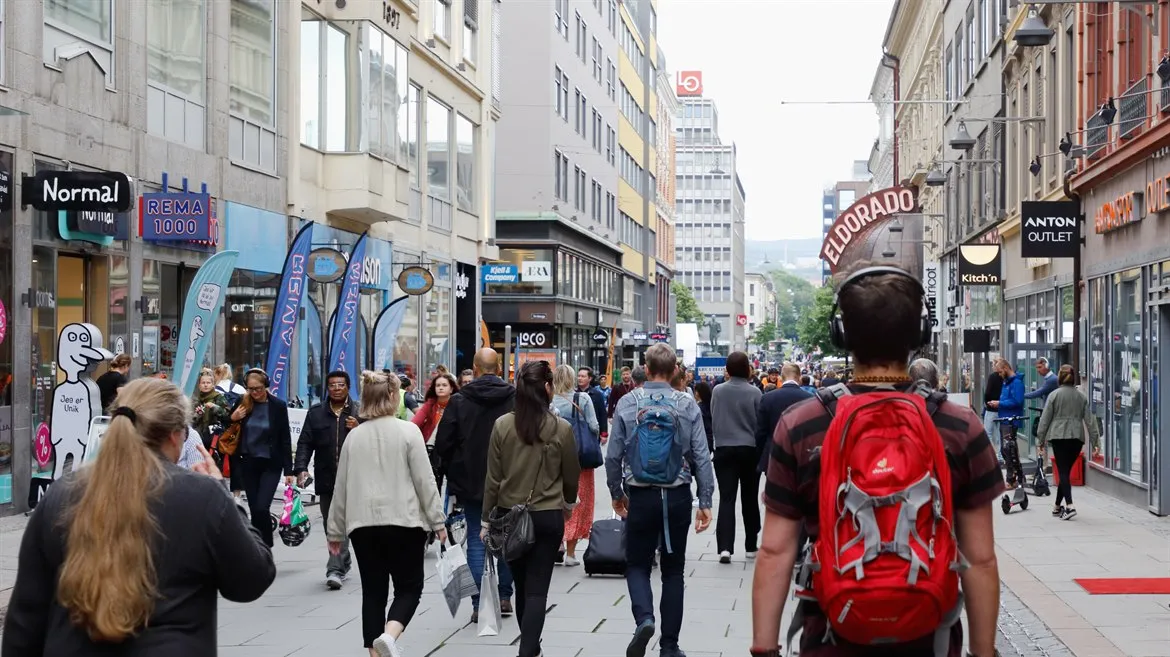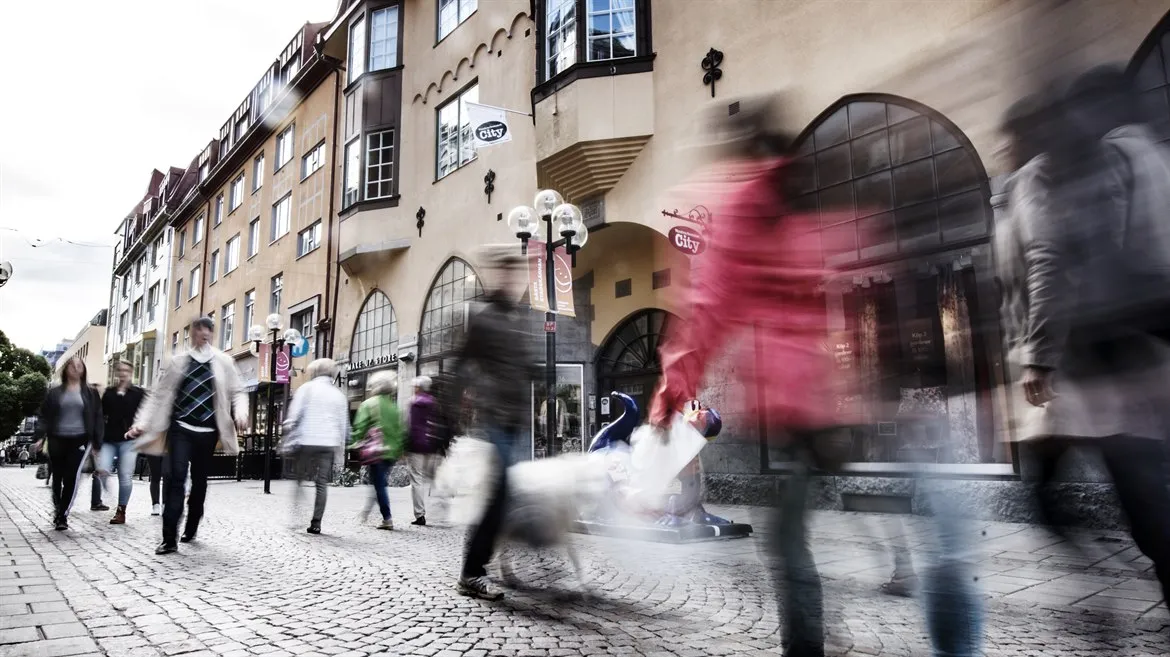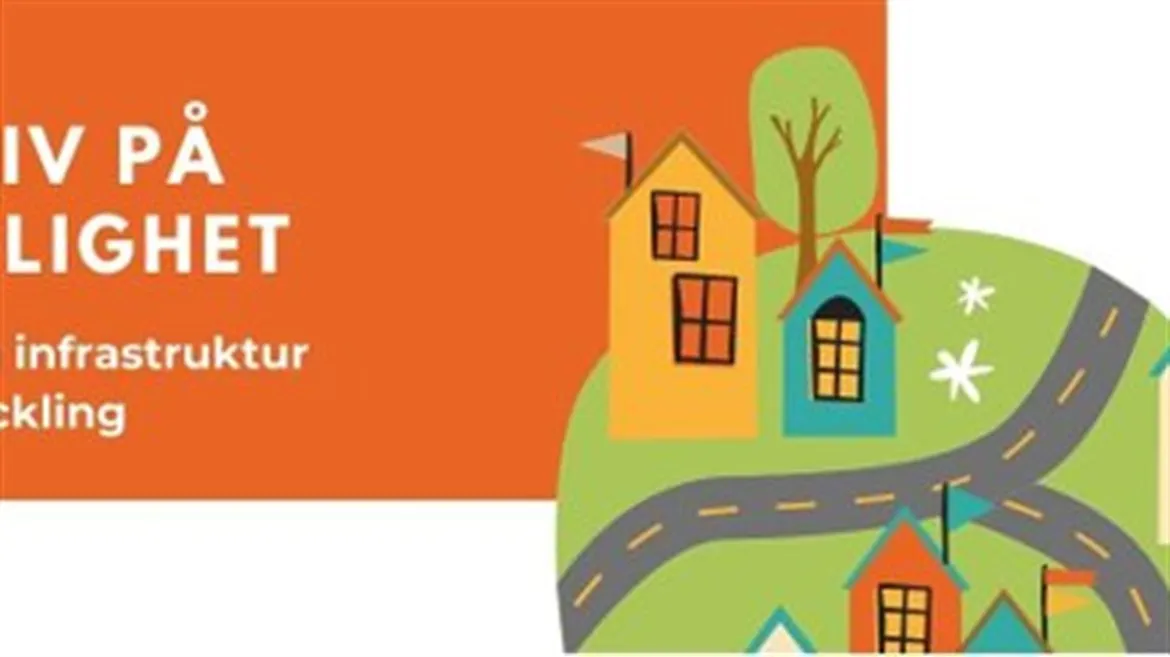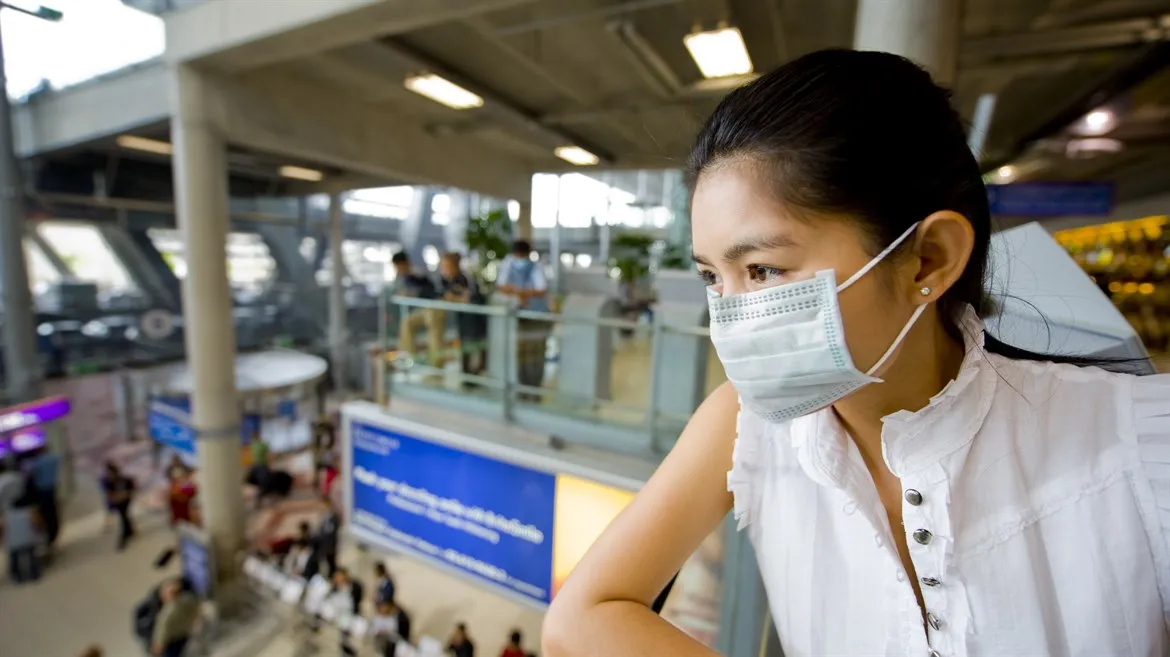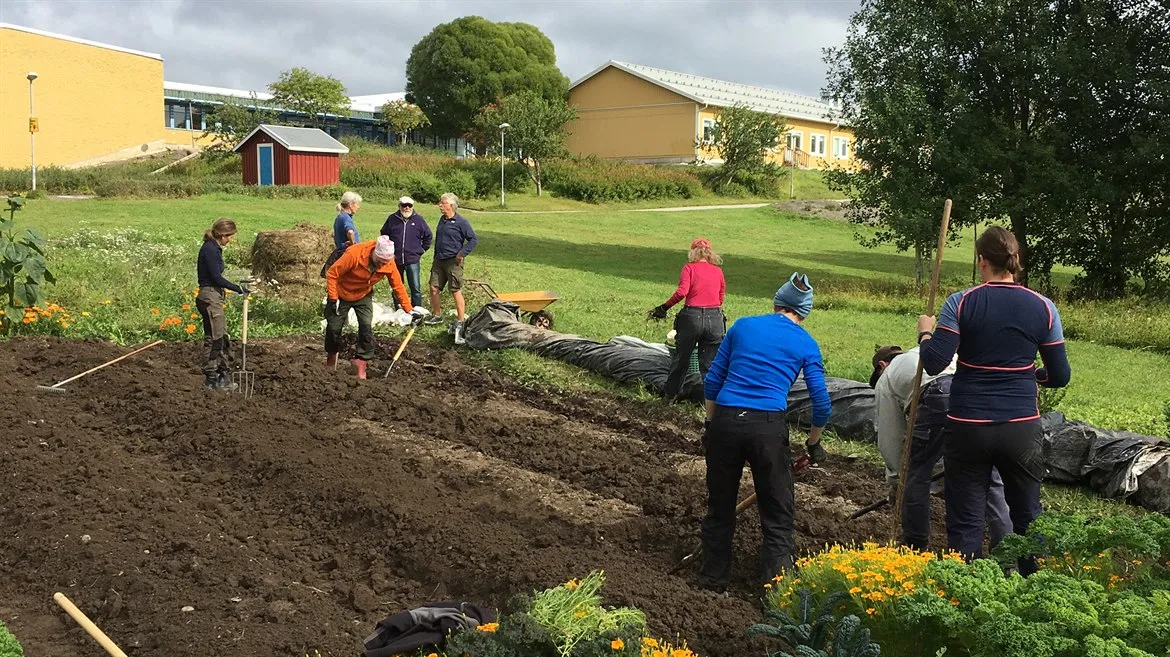Our main research areas
Risk Research
The risk research can be divided into two areas.
The first area includes analyzes of how risks are constructed in relation to normative discourses and power structures in society such as; age, gender, class, ethnicity and sexuality etc.
The second area includes risk assessment in the field of law enforcement, logistics and decision-making models, risk management and risk policy. The risk research is conducted in computer and system sciences, criminology, economics, sociology and political science and collaborates with both public and private actors.
Research coordinator: Minna Lundgren
Crisis Research
In the crisis research trajectory within RCR we adopt a broad view on the concept in both theoretic and practical terms. We research both everyday crises and more extensive events and we focus on professional crisis management actors, as well as voluntary organizations and ordinary households. We pay special attention to the relational perspective of crisis management as well as its delineation through the study of managerial arrangements, collaborations, communication, networks and learning. We also conduct critical analyses on how societal power structures and power differentials play out in the field.
Finally, in the context of RCR Simulation Lab, we develop ethical approaches, methods, and procedures for epistemic analyses of crises and extraordinary events through the use of experiments and exercises.
Research coordinator: Lena-Maria Öberg
Research on sustainability
Research conducted within RCR addresses the four dimensions of sustainability (economic, social, ecological and cultural) and makes it clear that unsustainable societal processes risk creating risks and crises. The interdisciplinary research in the area aims at considering multiple dimensions of sustainability simultaneously.
This research has a regional and local perspective. For this reason, the objects of study are usually local communities, groups, families or individuals.
Research coordinator: Gustav Lidén


